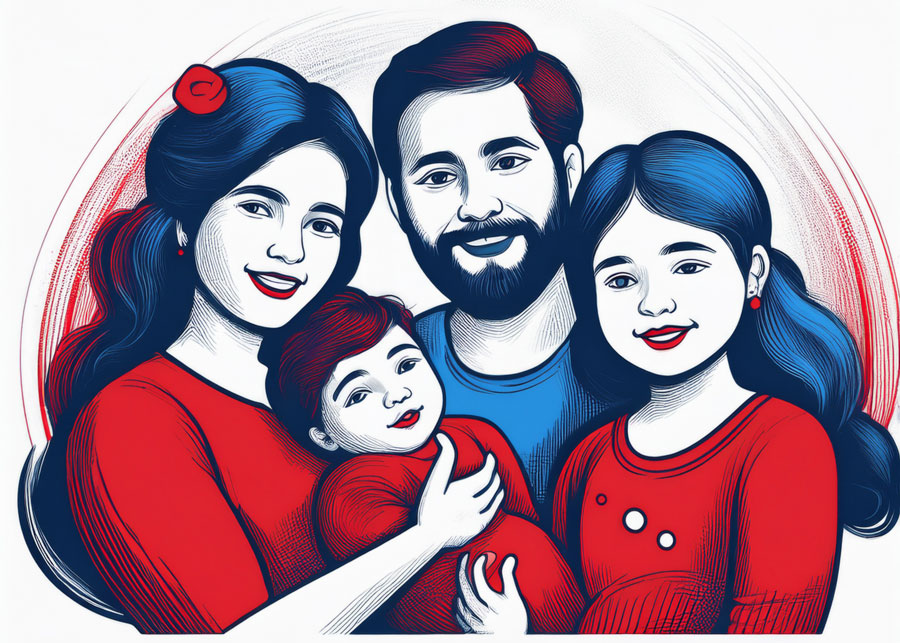In a world increasingly defined by movement and migration, the conversation around immigration has often been reduced to statistics, policies, and politics. Lost in this discourse is a simple, fundamental truth: immigrants are people, and every person, regardless of their place of origin or legal status, possesses inherent human dignity.
Understanding Human Dignity
Human dignity is the intrinsic worth that every individual possesses simply by being human. It is not earned by status, wealth, education, or nationality—it is innate. This principle lies at the heart of universal human rights and is recognized in foundational documents such as the Universal Declaration of Human Rights, which proclaims that “all human beings are born free and equal in dignity and rights.”
Dignity demands that people are not treated as problems to be solved, burdens to be carried, or threats to be contained. Instead, it calls us to see each person as a bearer of value, worthy of respect, compassion, and inclusion.
The Immigrant Experience and the Challenge to Dignity
Immigrants often face an uphill battle to preserve their dignity in societies that may view them with suspicion, indifference, or hostility. They may be fleeing violence, poverty, or persecution, seeking safety and opportunity for themselves and their families. Yet upon arrival, they are frequently met with marginalization—discrimination, exploitation in the workplace, or inhumane detention conditions. Such treatment is not just unjust; it is a failure to recognize their humanity.
Children separated from their parents at borders, asylum seekers living in limbo, or undocumented workers denied basic labor protections—all are examples of systems that ignore the core truth of human dignity.
Why Dignity Matters
Treating immigrants with dignity is not just an ethical choice—it’s a reflection of our shared humanity. It affirms that we are all interconnected and that the well-being of one group impacts the health of the whole society. When we protect the rights and dignity of immigrants, we build communities that are more just, inclusive, and compassionate for everyone.
Dignity also empowers individuals. People who are treated with respect and given the opportunity to contribute are more likely to thrive and give back to the communities that welcome them. Studies consistently show that immigrants enrich their new countries economically, culturally, and socially when they are given the chance.
A Call to Action
Recognizing the human dignity of immigrants means changing the narrative and the systems that deny it. It means advocating for humane immigration policies, standing against racism and xenophobia, and supporting organizations that provide legal aid, shelter, and integration support. On a personal level, it means seeing the humanity in those who are different from us—listening to their stories, learning from their experiences, and offering friendship and solidarity.
Ultimately, the measure of a society is how it treats its most vulnerable. By upholding the dignity of immigrants, we not only affirm their humanity—we reaffirm our own.
*AI written article using ChatGPT. Though it lacks a personal touch its output was insightful. Maybe it takes writing from a non-human to help us find our humanity (you can’t see the forest from the trees).

